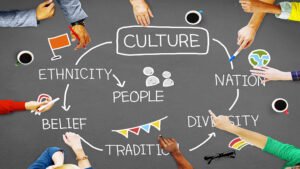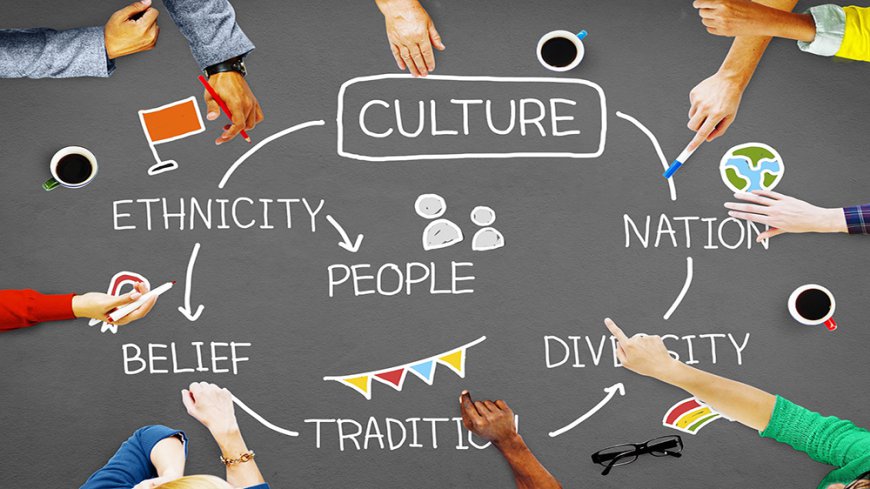Education forms the bedrock of a thriving society, equipping individuals with knowledge and skills essential for their personal and professional growth. While traditional subjects like math, science, and language are undeniably important, it is crucial not to overlook the transformative power of arts and culture in education. In this article, we delve into the profound impact that arts and culture have on the holistic development of students, fostering creativity, critical thinking, empathy, and cultural appreciation.

Unleashing Creativity
Artistic endeavors provide an expressive outlet, allowing students to tap into their boundless creativity. Through visual arts, music, dance, and theater, students are encouraged to think outside the box, explore innovative ideas, and express their unique perspectives. This freedom to create nurtures imagination, problem-solving abilities, and the capacity to embrace uncertainty - vital skills for navigating an ever-evolving world.
Fostering Critical Thinking
Engaging with arts and culture cultivates critical thinking skills by encouraging students to analyze, interpret, and question. The study of literature, for instance, invites students to explore complex themes, develop empathy for diverse characters, and challenge societal norms. Similarly, studying historical artworks enables students to decipher hidden meanings, contextualize events, and grasp the nuances of different cultures. Such experiences foster analytical thinking, enhancing students' ability to evaluate information and make informed judgments.
Promoting Emotional Intelligence
Arts and culture serve as powerful vehicles for emotional expression and self-discovery. When students participate in artistic activities, they learn to identify and communicate their emotions effectively. Be it through painting, acting, or writing, they develop a deeper understanding of themselves and others. This heightened emotional intelligence translates into better interpersonal relationships, empathy, and the ability to navigate conflicts peacefully.
Cultivating Cultural Appreciation
In a diverse and interconnected world, fostering cultural appreciation is paramount. Arts and culture play a significant role in providing students with opportunities to explore different traditions, customs, and perspectives. By studying and engaging with various art forms, students gain insights into the rich tapestry of human experiences. They develop respect, empathy, and a broader worldview, creating a more inclusive and harmonious society.
Integration and Interdisciplinary Learning
The integration of arts and culture into core subjects fosters interdisciplinary learning, breaking down the traditional silos of education. For instance, incorporating art into science lessons can ignite students' curiosity, making abstract concepts more tangible and relatable. Similarly, weaving historical narratives into theater productions brings history to life, making it more engaging and memorable. By intertwining arts and culture with academic subjects, students develop a holistic understanding of the world and its interconnectedness.
Read More:
How to Choose the Right College in India
Conclusion
Arts and culture serve as catalysts for transformative learning experiences, enhancing students' creativity, critical thinking, emotional intelligence, and cultural appreciation. By nurturing these aspects of education, we empower students to become well-rounded individuals who can adapt, innovate, and contribute meaningfully to society. Let us recognize the invaluable role of arts and culture in education, ensuring their rightful place within our educational systems, and embracing their power to shape a brighter future for generations to come.
Follows Us for More Updates
Like Us on Facebook Page :
Click Here
Like Us on Instagram :
Click Here 






























